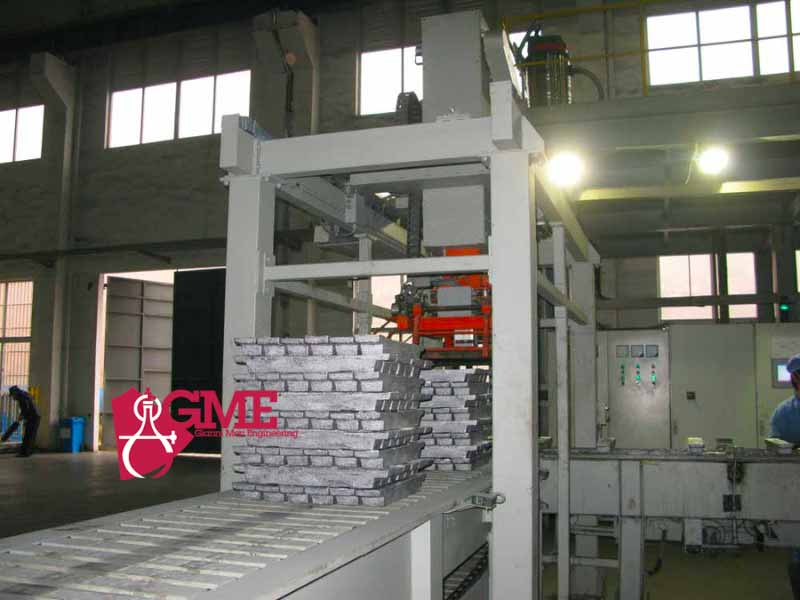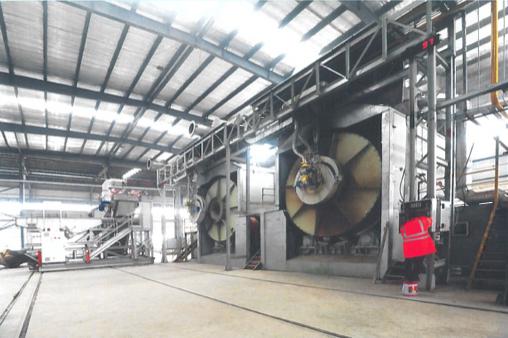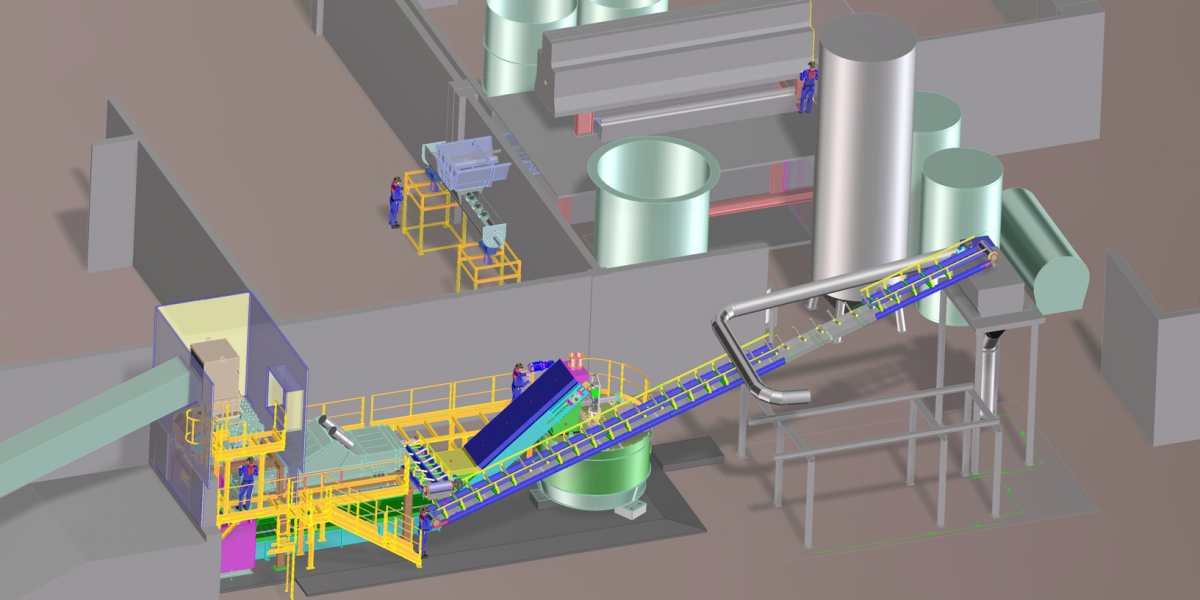GME Recycling
Why should aluminum scrap be recycled?
According to the International Aluminum Institute, the global recycling rate for aluminum was around 39% in 2019. However, recycling rates can vary significantly by region, with some countries achieving much higher rates than others. For example, Europe has one of the highest aluminum recycling rates in the world, with an average recycling rate of 73% in 2018. In contrast, the
Maximize Lead Battery Recycling Efficiency with Hammer mill shredder
Plastic and Polypropylene recycling machine for lead car batteries
All about car lead battery recycling process from the beginning to today
Unlocking the Process: How Lead Ingots are Produced
Lead ingot production is the final stage in the lead-acid battery recycling process, where refined lead is cast into ingots for further use or sale. In this article we will provide a detailed and informative explanation of the process of lead ingot production in a battery recycling facility. The recycling process can be broadly divided into five stages: pre-treatment, breaking
Unwrapping the Truth: Is Starting a Plastic Recycling Business Profitable?
What plastic recycling entails Plastic recycling refers to the process of converting plastic waste into new products. The process begins by collecting plastic waste which is then sorted out depending on the type of plastic. The sorted plastic is then cleaned to remove any debris or contaminants, after which it is shredded into tiny pieces or pellets. These pellets are
What is the difference between lead acid and lithium batteries
As technical engineers specializing in the design of lead-acid battery recycling plants, GME’s team would like to provide a detailed and informative comparison between lead-acid and lithium-ion batteries. Both types of batteries serve as power storage devices with distinct advantages and disadvantages, depending on the application. Chemistry and Components Lead-acid batteries The lead-acid battery comprises a set of electrochemical cells,
The Ultimate Guide to Lead Smelting: What It Is and How It Works
Lead smelting is a crucial step in the lead battery recycling process, which involves the extraction of lead from used batteries and the recycling of this lead for use in new batteries or other industrial applications. In a lead battery recycling plant, the lead-acid batteries are first broken down into their component parts, which typically includes the lead plates, lead
Learn How to Recycle Lead Acid Batteries Effectively
Can lead acid batteries be recycled? Lead-acid batteries are widely used in various applications, such as automotive, industrial, and renewable energy systems. However, they have a limited lifespan and eventually need to be replaced. This creates a significant environmental challenge, as lead-acid batteries contain hazardous materials, such as lead and sulfuric acid, which can be harmful to human health and
Recycling plant manufactoring: how to reduce and optimize production costs
There are several actions that can be undertaken to reduce the production costs of a battery recycling plant: Optimize process efficiency: Improving process efficiency can help reduce production costs by minimizing waste, energy consumption, and labor costs. This can be achieved by selecting the most efficient recycling technology, optimizing production processes, and utilizing automation and software control systems. Utilize renewable









